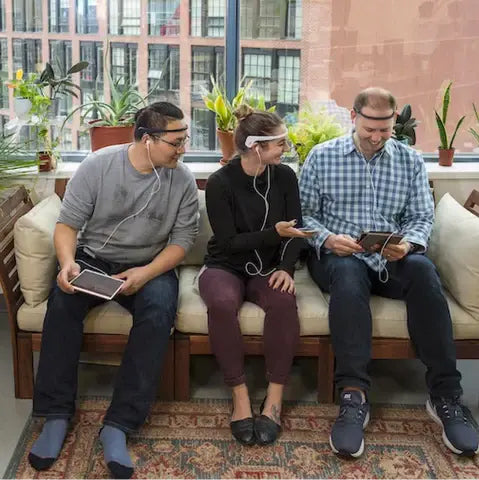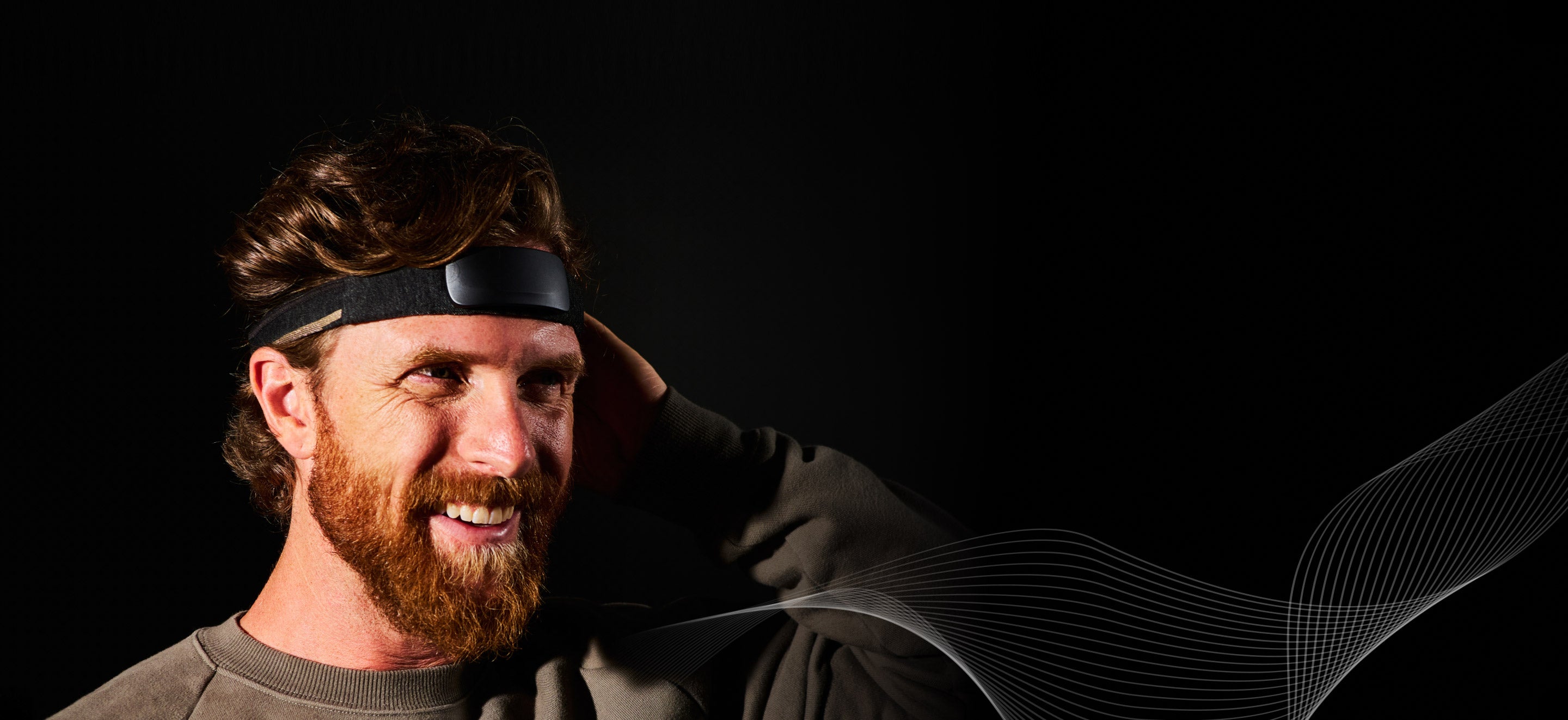
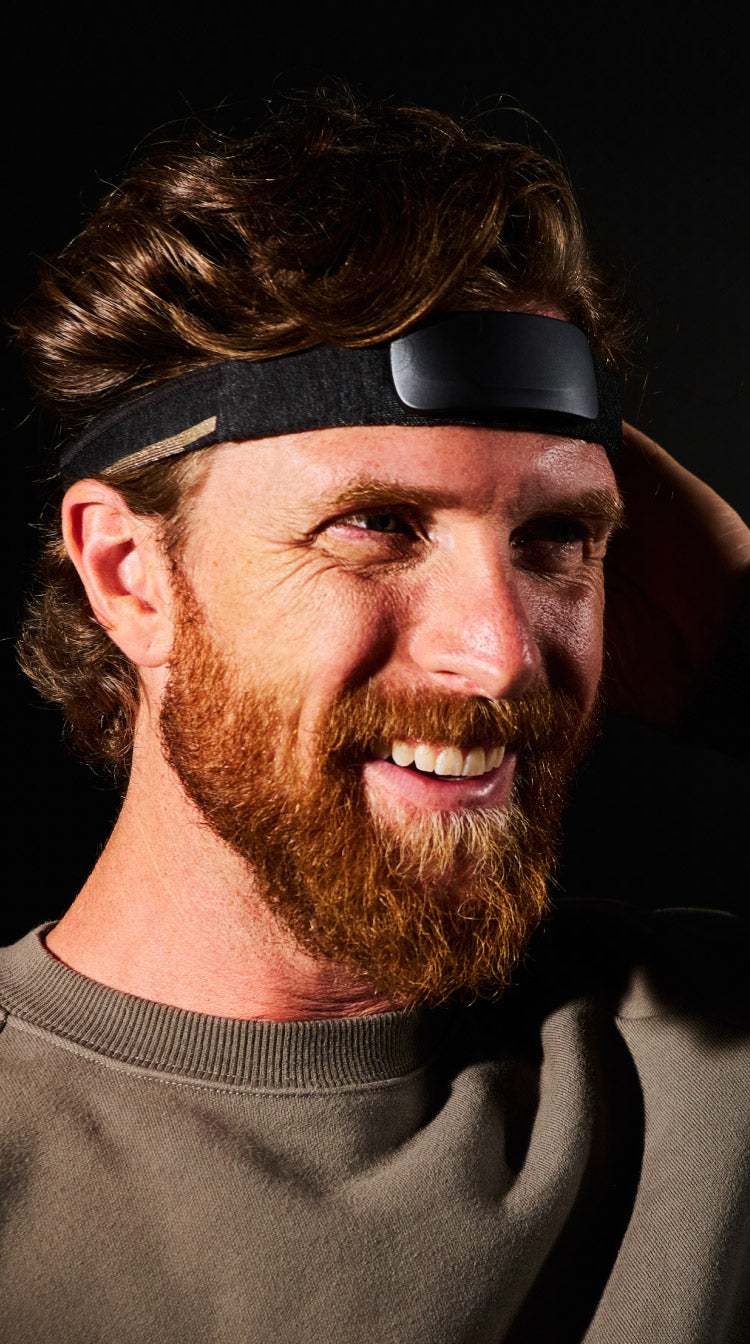
Meet Muse, your personal brain-training coach.
A note from our founders.
We built Muse to bring neuroscience out of the lab and into your life.
We saw how many people were overwhelmed, burnt out, and unsure how to feel better. You can’t fix what you can’t see. So we set out to change that.
The tools to measure brain activity already existed, but they were locked in labs and out of reach for everyday use. In 2014, Muse launched as a brain-sensing headband that made meditation easier by offering real-time feedback on your mental state, turning clinical-grade EEG technology into something simple, wearable, and accessible at home.
Today, Muse is a full brain health platform that helps improve sleep, manage stress, and support cognitive performance through science you can see and feel.
We believe everyone deserves tools to support their brain health and well-being. As we continue to innovate, our commitment remains the same: to empower you to take charge of your mind with confidence and clarity.
-Ariel Garten & Chris Aimone
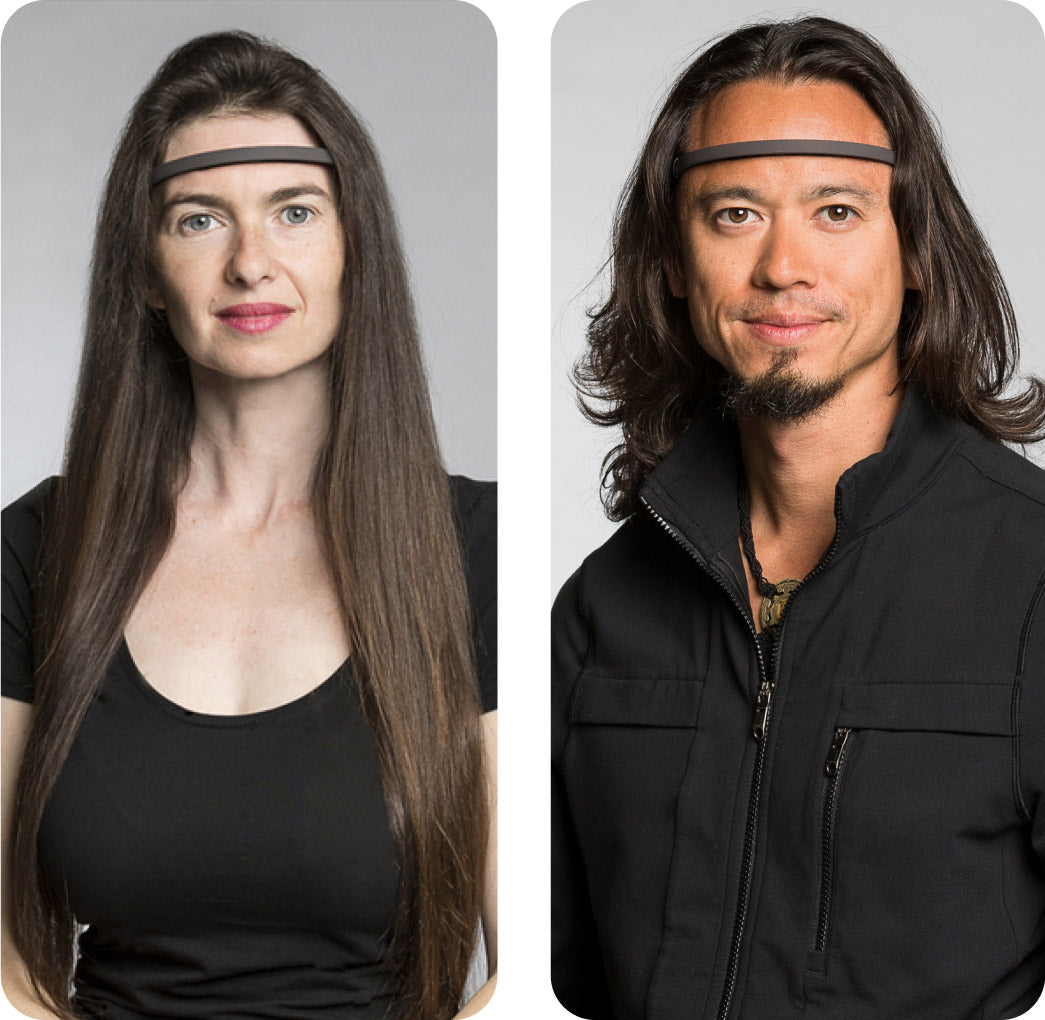
-
- 2007
InteraXon was founded to bring EEG technology from the lab to the world.Liquid error (sections/timeline-story-carousel-v1 line 115): invalid url input
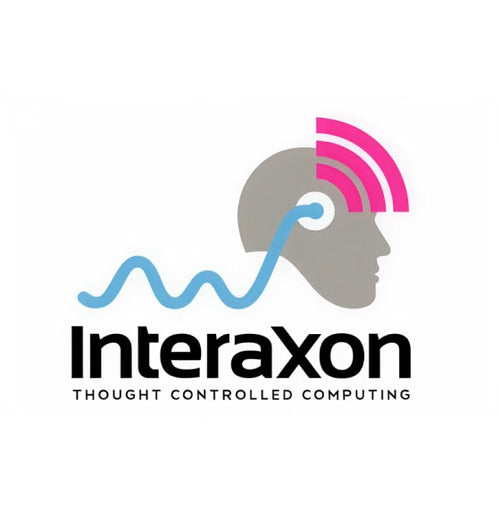
InteraXon was founded to bring EEG technology from the lab to the world.
-
- 2010
InteraXon showcased its EEG tech at the Winter Olympics, enabling visitors to control the CN Tower, Niagara Falls, and Parliament buildings with their minds.Liquid error (sections/timeline-story-carousel-v1 line 115): invalid url input

InteraXon showcased its EEG tech at the Winter Olympics, enabling visitors to control the CN Tower, Niagara Falls, and Parliament buildings with their minds.
-
- 2014
Muse launched its first brain-sensing headband, making meditation measurable and accessible.Liquid error (sections/timeline-story-carousel-v1 line 115): invalid url input
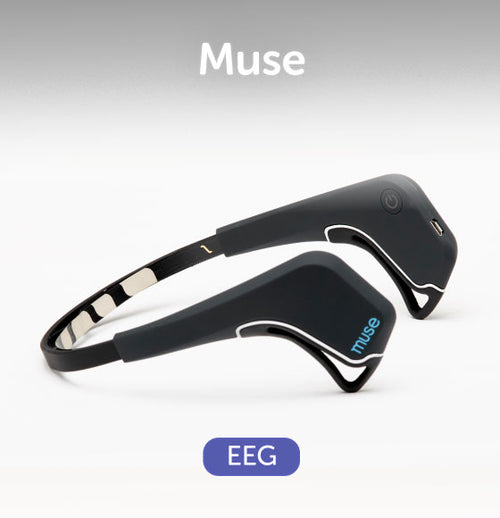
Muse launched its first brain-sensing headband, making meditation measurable and accessible.
-
- 2017
Muse and Smith debut EEG-powered smart sunglasses at CESLiquid error (sections/timeline-story-carousel-v1 line 115): invalid url input

Muse and Smith debut EEG-powered smart sunglasses at CES
-
- 2018
Muse 2 is introduced with Mind + Heart + Stillness + Breath experiences and tracking.Liquid error (sections/timeline-story-carousel-v1 line 115): invalid url input
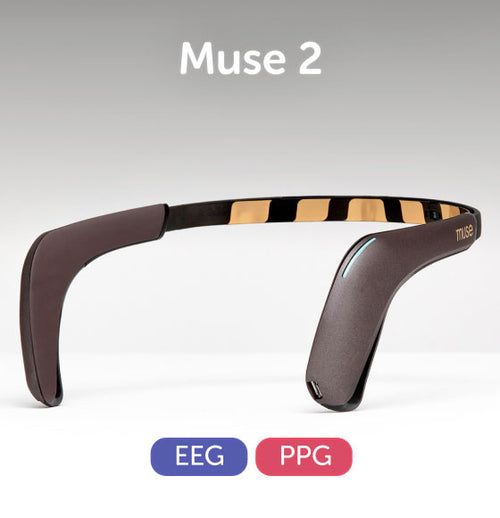
Muse 2 is introduced with Mind + Heart + Stillness + Breath experiences and tracking.
-
- 2019
Muse S for Sleep launched, bringing EEG-powered sleep tracking and biofeedback into a comfortable headband format.Liquid error (sections/timeline-story-carousel-v1 line 115): invalid url input
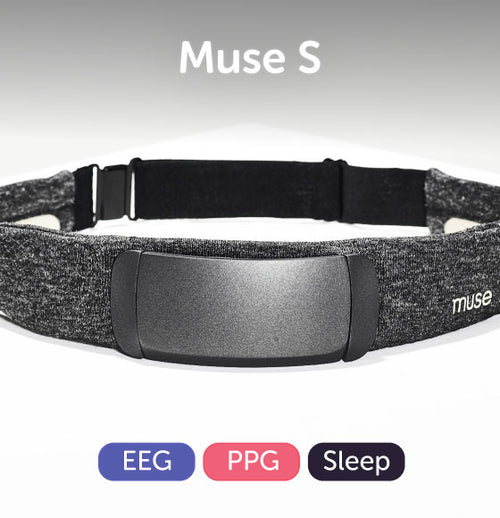
Muse S for Sleep launched, bringing EEG-powered sleep tracking and biofeedback into a comfortable headband format.
-
- 2022
Digital Sleeping Pill (DSP) was introduced, using real-time EEG tracking to detect wakefulness and guide users back to sleep.Liquid error (sections/timeline-story-carousel-v1 line 115): invalid url input
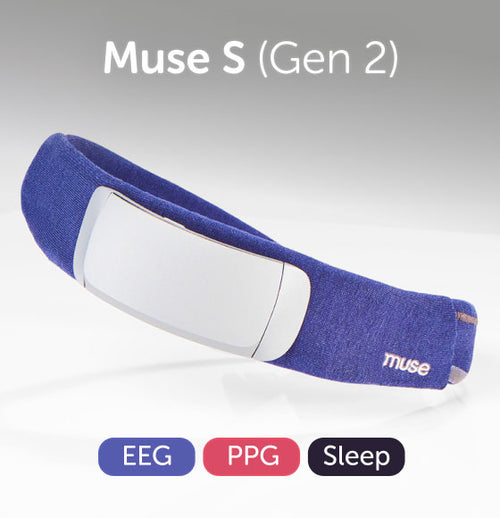
Digital Sleeping Pill (DSP) was introduced, using real-time EEG tracking to detect wakefulness and guide users back to sleep.
-
- 2025
Muse becomes the first wearable to combine both EEG and fNIRS brain sensors. Tracking brain activity and blood flow to deliver deeper cognitive insights and training.Liquid error (sections/timeline-story-carousel-v1 line 115): invalid url input

Muse becomes the first wearable to combine both EEG and fNIRS brain sensors. Tracking brain activity and blood flow to deliver deeper cognitive insights and training.
Tested. Tracked. Trusted.
1+ billion minutes of brain data collected
Over 500,000 members
200+ research studies
Backed by organizations like Harvard, NASA & the Mayo Clinic
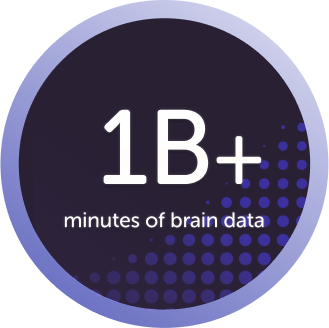
Research
Supporting long COVID recovery
In a 180-day study, Muse S users saw significant improvements in brain fog, sleep quality, stress, anxiety, and overall quality of life
Managing stress during breast cancer treatment
A Mayo Clinic study found that women using Muse experienced reduced stress, improved quality of life, and decreased fatigue within 3 months of diagnosis—93% said they'd do it again.
Reducing burnout in healthcare professionals
A Mayo Clinic study found that Muse S reduced stress by 54% and significantly improved resilience, cognition, and quality of life in frontline healthcare workers over 26 weeks. 92% felt more relaxed, and 73% planned to continue using Muse after the study.
Rewiring the OCD response
In an 8-week study, people with OCD who used Muse showed measurable brainwave changes, improved focus, and reduced symptoms.
The minds behind Muse. Meet our medical advisors.
-
Dr. Steve Mann
Liquid error (sections/team-carousel-v1 line 76): invalid url input
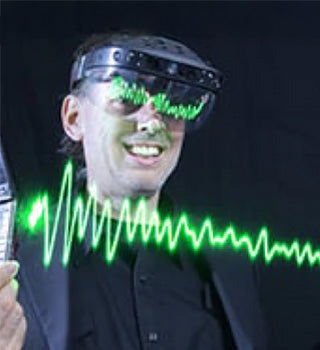
Dr. Steve Mann
Professor of Electrical Engineering, University of Toronto and Stanford University. Pioneer and forefather of wearable computing -
Dr. Thomas Kilduff
Liquid error (sections/team-carousel-v1 line 76): invalid url input
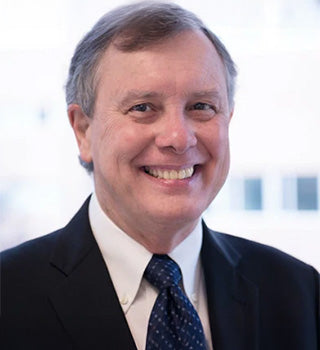
Dr. Thomas Kilduff
Distinguished Sleep Research Scientist, Director of the Center for Neuroscience at SRI International, formerly at Stanford Sleep Disorders Research Center. -
Dr. Walter Greenleaf
Liquid error (sections/team-carousel-v1 line 76): invalid url input
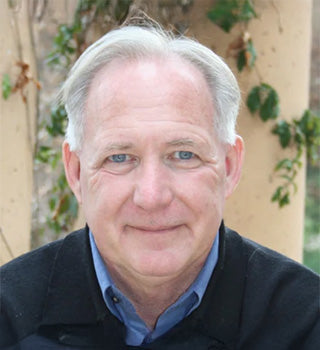
Dr. Walter Greenleaf
Behavioral Neuroscientist and Medical Technology Developer. Scientific Advisor to the National Science Foundation, National Institutes of Health, and NASA. -
Dr. Joseph Kvedar
Liquid error (sections/team-carousel-v1 line 76): invalid url input
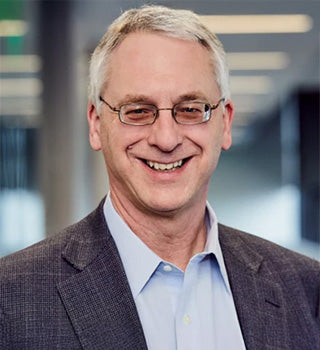
Dr. Joseph Kvedar
Professor at Harvard Medical School and Chair of the American Telemedicine Association. Co-chair of the American Medical Association Digital Medicine Payment Advisory Group, leader in Virtual Care at Massachusetts General Hospital. -
Dr. Rania Nasis
Liquid error (sections/team-carousel-v1 line 76): invalid url input
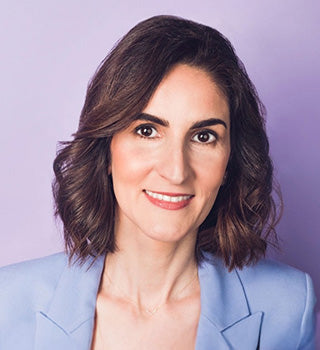
Dr. Rania Nasis
Physician and Founder of the Society of Physician Entrepreneurs. Advisor on startup medical strategy. -
Dr. Dean Ornish
Liquid error (sections/team-carousel-v1 line 76): invalid url input

Dr. Dean Ornish
Founder of the Preventive Medicine Research Institute. Clinical Professor of Medicine at the University of California, San Francisco. -
Dr. Rudy Tanzi
Liquid error (sections/team-carousel-v1 line 76): invalid url input
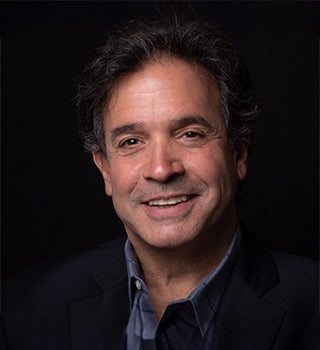
Dr. Rudy Tanzi
Professor of Neurology at Harvard Medical School. Co-Director of the Center for Brain Health at Massachusetts General Hospital. -
Dr. Daniel Kraft
Liquid error (sections/team-carousel-v1 line 76): invalid url input

Dr. Daniel Kraft
Physician, Scientist, and Entrepreneur focused on the future of medicine. Founder of Exponential Medicine. -
Dr. John P. Sullivan
Liquid error (sections/team-carousel-v1 line 76): invalid url input
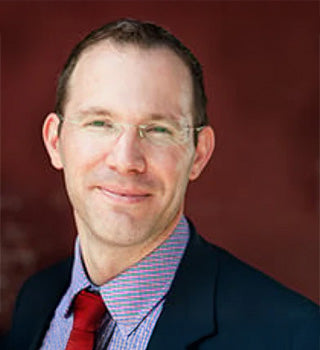
Dr. John P. Sullivan
Former Director of Clinical Sport Psychology for the New England Patriots. Advisory Board Member of the Sleep Technology Council, National Sleep Foundation.
Values
-
Making brain health accessible
We believe brain health insights belong to everyone — not just labs and experts. That’s why we create tools designed for real lives, making neuroscience clear, practical, and within reach. Our mission is to remove barriers so anyone can understand and care for their own mind, every day. -
Invent the unimaginable
We imagine boldly and innovate relentlessly. By blending pioneering AI with breakthrough biosensing, we transform complex brain science into intuitive tools that fit seamlessly into your life. -
Truth in every signal
We see beauty in data and meaning in precision. Through rigorous research and transparent validation, we deliver insights you can trust. Where every fact is earned and every promise is proven.
Leadership team
-
Jean-Michel Fournier
Liquid error (sections/team-carousel-v1 line 76): invalid url input
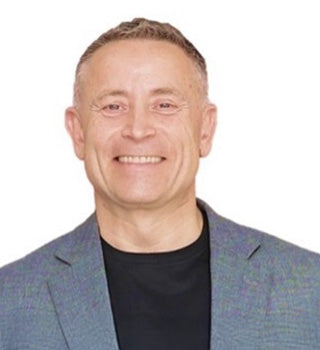
Jean-Michel Fournier
Chief Executive Officer -
Ariel Garten
Liquid error (sections/team-carousel-v1 line 76): invalid url input
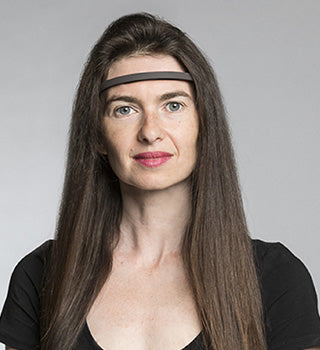
Ariel Garten
Co-founder and Chief Evangelism Officer -
Chris Aimone
Liquid error (sections/team-carousel-v1 line 76): invalid url input
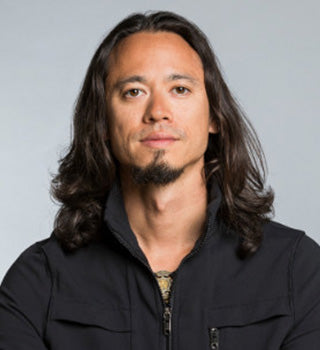
Chris Aimone
Co-founder and Chief Innovation Officer -
Nadia Kumentas
Liquid error (sections/team-carousel-v1 line 76): invalid url input

Nadia Kumentas
Chief Marketing Officer -
Marcela Guerra
Liquid error (sections/team-carousel-v1 line 76): invalid url input
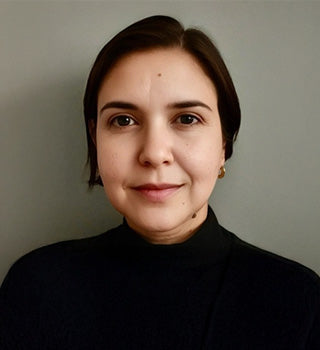
Marcela Guerra
Chief Technology Officer -
Tracy Brown
Liquid error (sections/team-carousel-v1 line 76): invalid url input
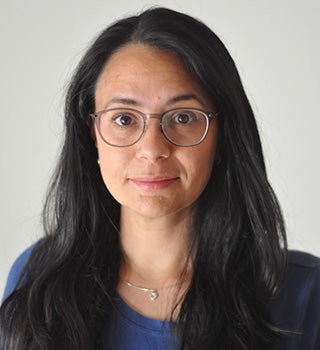
Tracy Brown
Chief of Staff
How Muse works
We’re the first and only wearable to include both EEG and fNIRS. Here’s how Muse benefits your mental fitness everyday.
-

Mental Clarity
Strengthen your concentration with EEG-powered meditation and focused-attention exercises that guide your brain toward calm and sustained focus.
Slide 01 / 03 -

Mental Endurance
Build cognitive resilience through fNIRS neurofeedback challenges, including our interactive owl-training that tracks your sustained attention even under pressure.
Slide 01 / 03 -
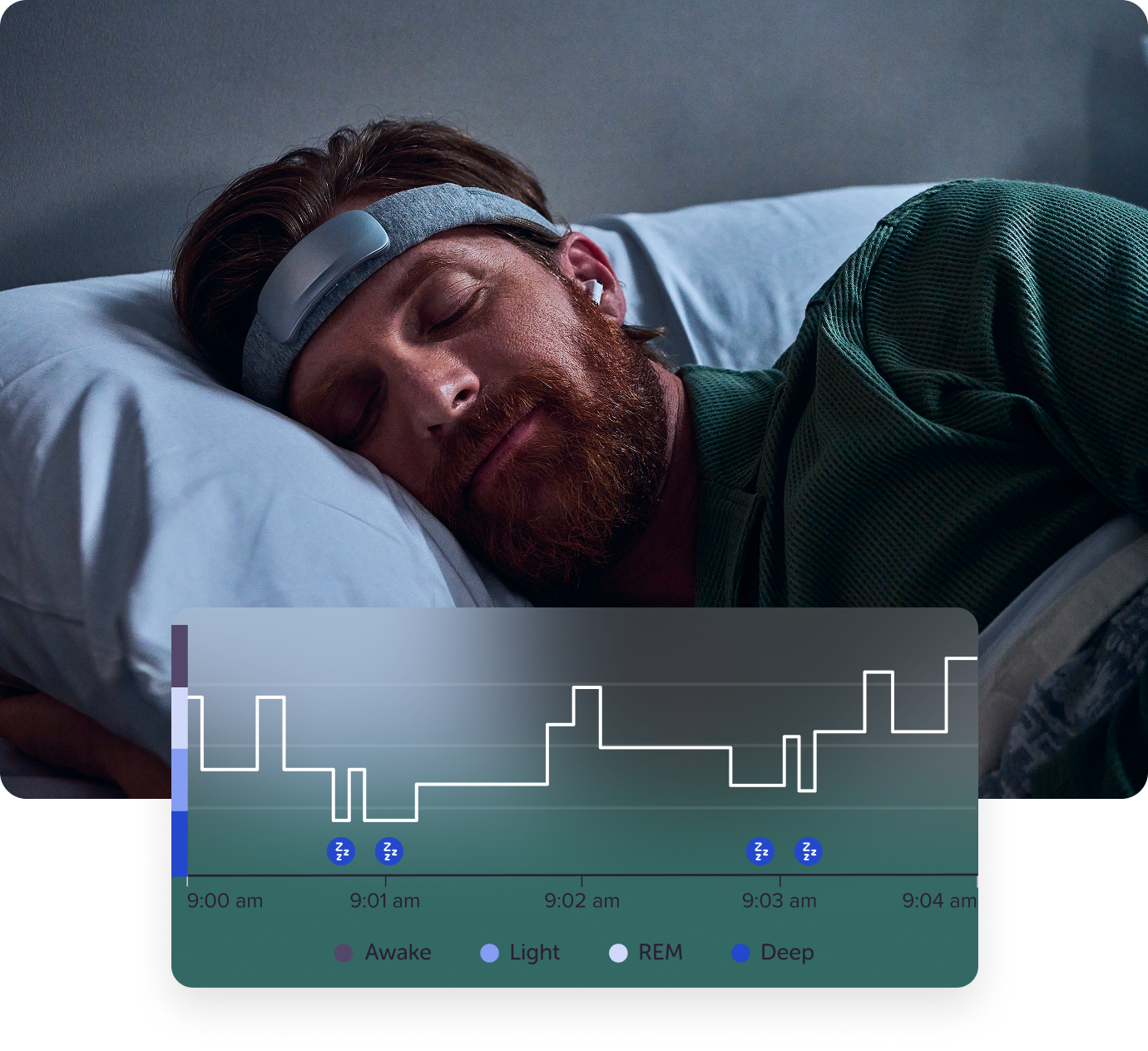
Mental Recovery
Maximize rest and reset with Digital Sleeping Pills, guided meditations, and the Brain Recharge Score to measure how well your brain recovers.
Slide 01 / 03
Sound like your kind of team?
Explore open roles, your next chapter might just start here.
